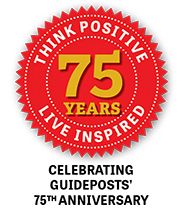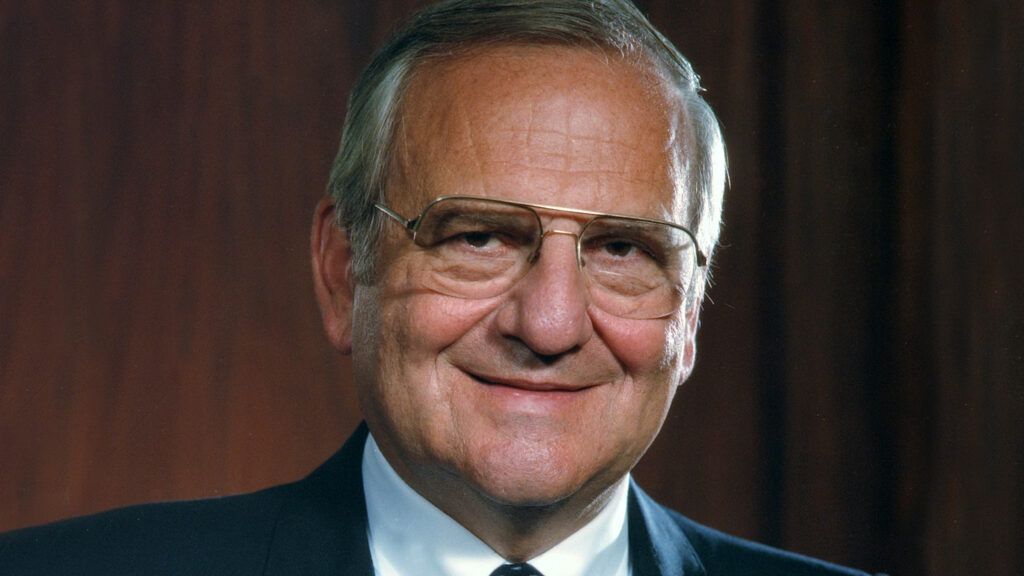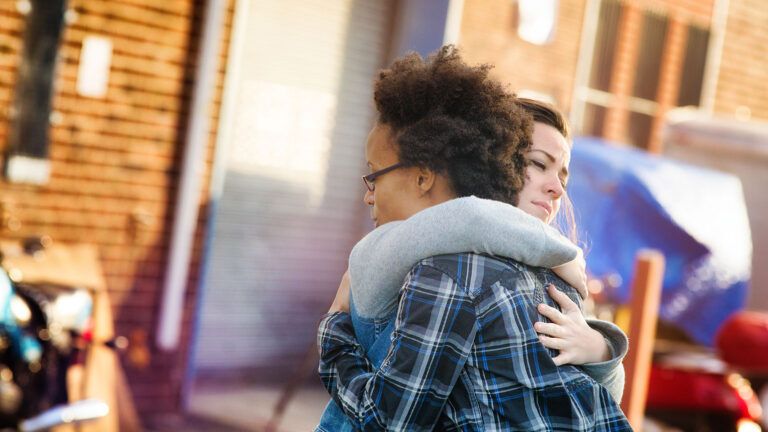Yocco. That’s more or less the way the Pennsylvania Dutch pronounced our family name when my parents, Nicola and Antoinette Iacocca, settled themselves in Allentown. In fact, a family business in town is still called Yocco’s.
Like so many immigrants, my mother and father were in love with America. And they’re the reason why I accepted the job when President Reagan asked me to serve as chairman of the centennial commission to raise funds for the restoration of the Statue of Liberty. and Ellis Island. To millions of immigrants, those two landmarks in New York harbor stand for the American dream…

When I was born in 1924, my father had managed to become the proprietor of a hot dog restaurant called the Orpheum Wiener House. It was the perfect business for somebody without much cash. All he really needed to get started were a grill, a bun warmer and a few stools. “When times are tough, be in the food business,” he told me when I was older “No matter how bad things get, people still have to eat.”
Along with many Americans, our family did well in the 1920s. My father started making lots of money in real estate, in addition to his other businesses. For a few years we were actually wealthy. But then came the Depression, No one who lived through it can ever forget. My father lost all his money and we almost lost our house. During those difficult years my mother was very resourceful. She was a real immigrant mother, the pillar of the family. Thanks to her a nickel soupbone went a long way in our house, and we always had enough to eat. As the Depression grew worse, she helped out in my father’s restaurant—the Orpheum Wiener House stayed afloat through it all—and at one point she went to work in a silk mill, sewing shirts. Whatever it took to keep going, my mother did it gladly.
Like millions of other families in those hard times, we were sustained by strong belief in God, We prayed an awful lot, went to Mass every Sunday and took Holy Communion every week or two. As a child I couldn’t fully understand why I had to make a good confession to a priest before I went to Holy Communion, but in my teens I began to appreciate this most misunderstood rite of the Catholic church. I not only had to think out my transgressions, I had to speak them out loud. The necessity of weighing right from wrong on a regular basis turned out to be the best therapy I ever had.
By the time I was a teenager the family fortunes were improving again. Early on, my father bought into a national company called U-Drive-It, one of the very first car rental agencies. Eventually he built up a fleet of about 30 cars, mostly Fords. My father was also good friends with one Charley Charles, whose son Eddie worked for a Ford dealership. Later Eddie bought a dealership of his own, where he introduced me to the fascinating world of retail car sales. I was all of 15 when Eddie convinced me to go into the automobile business. From that day forward, all of my energies were directed to doing just that.
I’ve had a terrific career. (Even including the events in 1978 when in the space of a few weeks I was kicked out of my job as president of the Ford Motor Company, became president of Chrysler and discovered it was a dying corporation.) And this is the country that gave me the chance to climb the career ladder. Just as it gave freedom of opportunity to my parents and the 17 million other immigrants who came through the gates of Ellis Island between 1892 and 1954.
When you think about it, except for the American Indians. we’re all immigrants or the children of immigrants: people who proudly brought their ethnic heritage—culture, music, literature and cuisine—to stir into the American melting pot.
For all of us, the Statue of Liberty and Ellis Island stand for American ideals: compassion, the dignity of labor, the chance to live abundantly, the fight for what’s right, the freedom to worship as we please.
So that’s why this son of Nicola and Antoinette Iacocca is beating the drum for Lady Liberty. And thanking God for the privilege of doing it.
For more inspiring stories, subscribe to Guideposts magazine.





